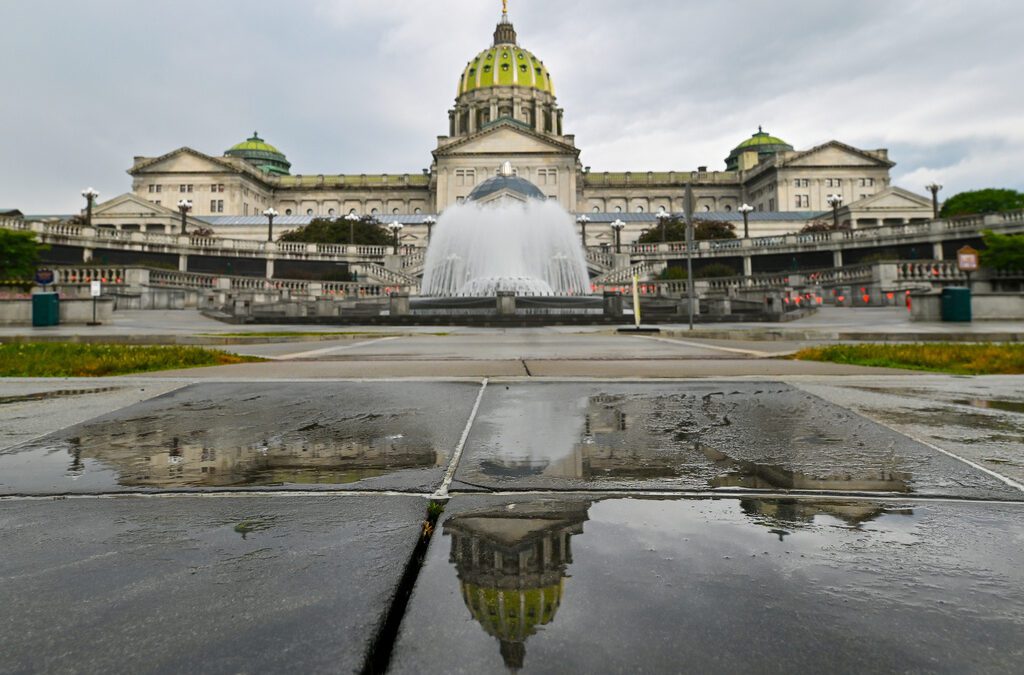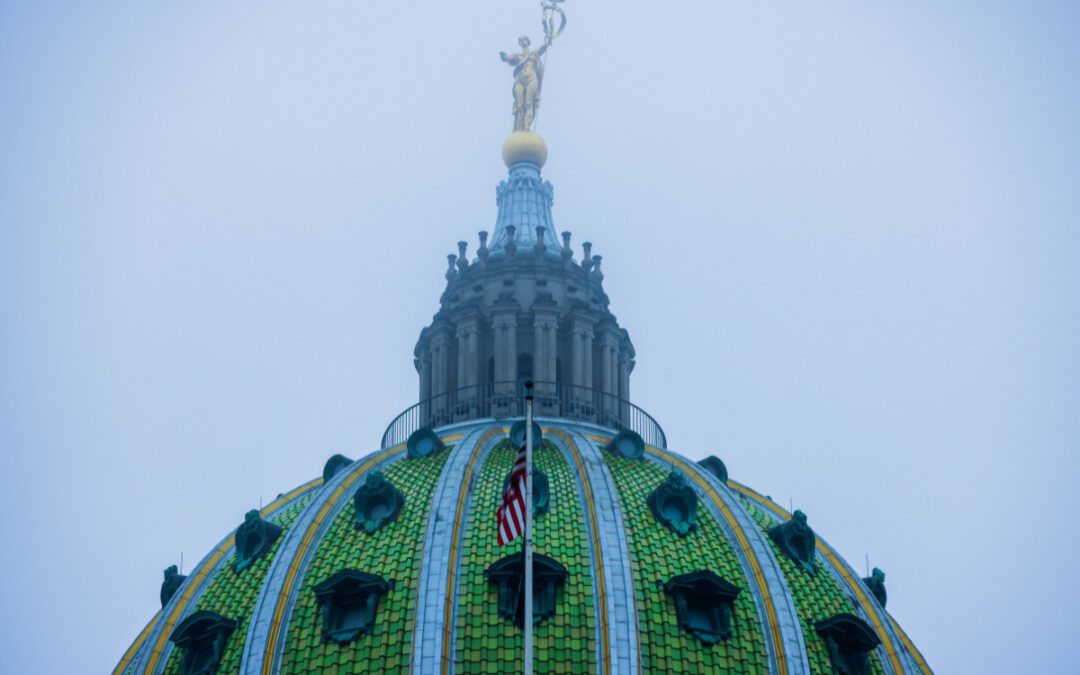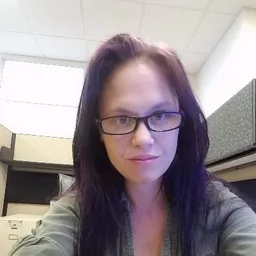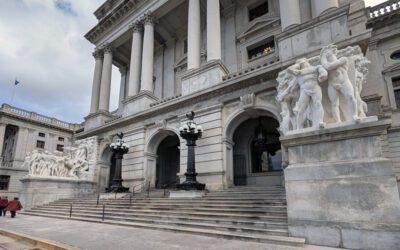
shutterstock image
Pennsylvania ranks third in the nation for proposed book bans in academic libraries and public schools.
This is a story about reading, but let’s start with some math: 644.
That’s the number of book bans in Pennsylvania public school districts between July 2021 and June 2023.
Third. That’s where the commonwealth ranks in the nation when it comes to states with the most book bans.
One. That’s how many of those bans it took for Chester County mother Ronna Dewey to get involved.
“In 2021, in my school district, there was a proposed ban of a few books,” Dewey said. “These books all had LGBTQ+ characters or were written by LGBTQ+ authors or had material about the LGBTQ+ community; I have a kid who is part of that community and it felt really, really personal to me. So I got involved. I knew I had to stand up and say something.”
Some state legislators are doing it, too. In October 2023, Sen. Amanda Cappelletti (D-Montgomery) introduced Senate Bill 926, which would bar public schools and libraries from banning books for political, racial or ideological reasons. Unfortunately, Cappelletti feels the bill is unlikely to be voted on, let alone passed, by the state’s Republican-led Senate. It has been stalled in the Education Committee since Cappelletti introduced it.
Representative Paul Friel (D-Chester) introduced House Bill 1506, the Freedom to Read Act, which would provide a more uniform and efficient process for appealing book bans, placing the responsibility for those reviews with a regional committee of instructional experts. The committee would include a cross-section of local teachers, librarians, principals, and administrators, which would decrease the hyper-politicization of book challenges, and relieve the administrative burden on local school districts. That bill, too, has been sitting in the Education Committee since being introduced last June.
Unfortunately, book bans are speeding up. There were over 4,000 instances of book bans nationally in the first half of this school year alone, according to PEN America, and the number of titles targeted for censorship at public libraries increased by 92% over the previous year. People who want to ban books often try to use obscenity laws combined with their personal, often religious views about what they consider “pornography.” Usually, that looks like LGBTQ+ topics and anything that helps kids understand what sexual or relationship violence is.
The movement to ban books also continues to focus on themes of race and racism, and efforts to ensure library collections are diverse and inclusive.
But something else has been rising over the past year—the number of students and parents who are speaking up.
“I don’t want people to think if they don’t have kids in the schools that this isn’t important to them,” Dewey said. “There are so many reasons why this matters to every member of the community.”
Dewey pointed out that from lawyer fees to administrative costs to staff time, attempted book bans take a financial toll on every local taxpayer, not to mention the ideological toll of censorship on a community.
“What we know is that people who are in favor of kids receiving accurate education and a wide variety of materials where they can see themselves and learn about others, those people, us, we are in the majority,” Dewey said.
Because when it comes to book bans, Dewey said everyone needs to think of the human cost first.
“We all want to make sure that we are living in a community where all people feel supported and welcomed,” Dewey said. “If kids aren’t feeling that way, they won’t be able to learn and if our kids aren’t learning then we are going to have a lost generation. If they are prevented from learning, then we are all going to lose.”
Beyond voting for candidates who oppose hyper-politicized book bans, everyday citizens can get involved in stopping book bans. Here’s a guide to helpful tools:
- Unite Against Book Bans Action Toolkit
- GLAAD’s Book Ban Community Response Guide
- PEN America’s #FreeTheBooks Toolkit
- Stand up against misinformation and common false narratives
- Reach out to the American Library Association’s Office of Intellectual Freedom, which provides free consulting services for communities facing censorship or book bans
- Write an Op-Ed or letter to the editor
- Here are action kits and guides to defending books, scripts for attending library and school board meetings, advice on planning a peaceful protest, and reporting book banning attempts in your community
- Prepare to vote with book bans in mind
- Check out how your region is doing on this youth censorship database
- Start a banned book club
Support Our Cause
Thank you for taking the time to read our work. Before you go, we hope you'll consider supporting our values-driven journalism, which has always strived to make clear what's really at stake for Pennsylvanians and our future.
Since day one, our goal here at The Keystone has always been to empower people across the commonwealth with fact-based news and information. We believe that when people are armed with knowledge about what's happening in their local, state, and federal governments—including who is working on their behalf and who is actively trying to block efforts aimed at improving the daily lives of Pennsylvania families—they will be inspired to become civically engaged.


Central Bucks students abused in Jamison special ed class; admins misled police: report
A teacher and an aide at Jamison Elementary abused nonverbal students with autism, and Central Bucks administrators misled police and parents about...

Preschools, daycares feel ‘double whammy’ impact of budget issues. How they managed
They took out loans just to keep classrooms running. Now, as Pennsylvania’s budget impasse ends, early childhood centers are bracing to repay the...

What does Pennsylvania’s new budget mean for K-12 schools?
The new state budget includes new funding and policies for public schools A number of changes to K-12 school policy and funding are included in...

New Pennsylvania cyber charter school application raises red flags
Limitless Cyber Charter School is testing the bounds of Pennsylvania’s cyber charter approval process. As lawmakers wrap up Pennsylvania’s overdue...

What will the new PA budget mean for Bucks County’s 5 ‘underfunded’ school districts?
Pennsylvania’s new budget includes renewed resources for schools deemed to be experiencing a funding gap. Five Bucks County districts deemed...





